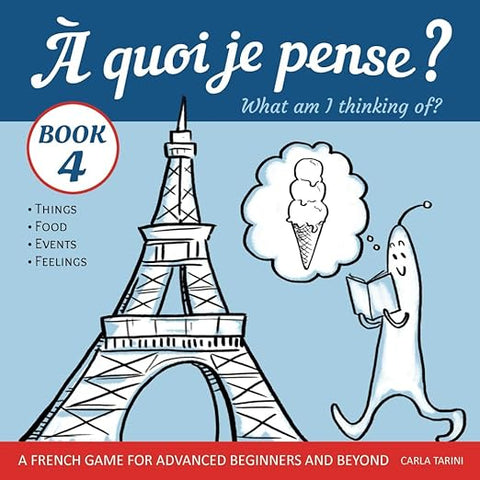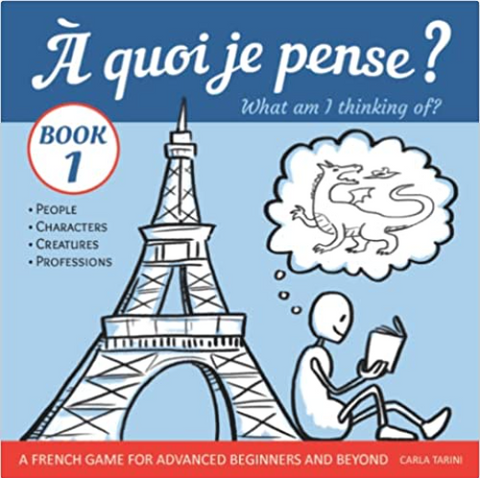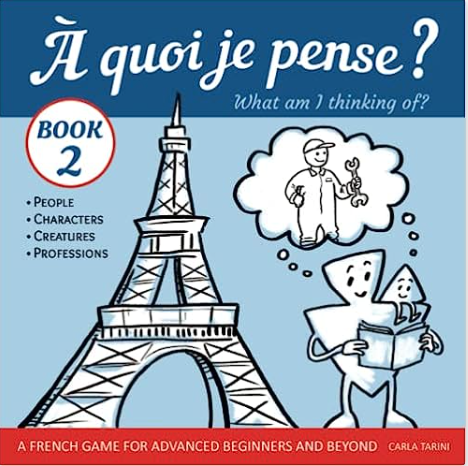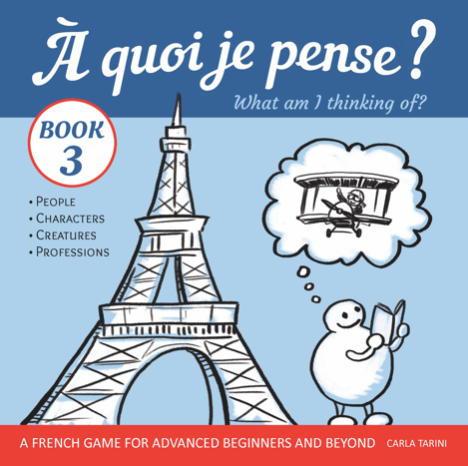Don Quijote, el último caballero
by Karen Rowan
Don Quijote, el último caballero is a novel for intermediate and advanced beginners. It uses a vocabulary of fewer than 200 different Spanish words to tell a 1,400-word story in the present tense and the same story also in the past tense. It is repetitive and simple and uses many cognates to make the story comprehensible to adults and children. The stories are intentionally written to be acted out in a class, but also to serve as independent reading in either the present or the past tense.
Don Quijote, el último caballero is an amusing, ironic and — at the same time — tragic story. Don Quijote is an ordinary Spaniard with an extraordinary imagination who believes that he must achieve great feats to honor a lady. He falls in love with a waitress that he considers to be the ideal lady. He and his companion Sancho Panza have adventures in which Don Quijote is always mistaken about what he finds along the way while Sancho sees what is really there. The story is based on Miguel de Cervantes The Ingenious Gentleman Don Quixote of La Mancha, published in the 17th century. Many consider it to be the best book of fiction ever written.
Every copy of this book now includes the digital audiobook. Readers can listen along to four native speakers from Spain animatedly reading the parts of Don Quijote, Sancho Panza, Dulcinea and the narrator while they read.
Research study using Don Quijote, el último caballero demonstrates vocabulary gains from reading the book.
Jimenez, J. S. (2017). The acquisition of vocabulary through extensive reading in second language acquisition: A study in Beginner's Spanish course at college level (Doctoral dissertation, Carthage College).
813--This study was undertaken with the goal of increasing the available information for the debate around the best teaching strategies to use in the learning of lexical items in Second Language Acquisition. Its purpose was to determine the extent that extensive reading, compared to wordlists that provide students with the translation from their first language, fostered lexical acquisition and retention in a group of beginning college students learning Spanish. The 30 voluntary subjects in this study were enrolled as freshmen in a beginner's Spanish course at a private liberal arts college in the Midwest. This class was taken as part of their language requirement. They were unmotivated and held negative attitudes towards Spanish. The study consisted of a two-group, pre/posttests design. The results were analyzed using a Student's t-test. There were 31 target words selected according to the criteria established by the researcher. They were extracted from the text 'Don Quijote, el último caballero', an adaptation of the classic work of Miguel de Cervantes by Karen Rowan. The instrument used to prepare the participants in the control group was a 50-item wordlist that included the target words. They were merely told to commit to memory as many words as possible. The experimental group was instructed to read once the text focusing on the story. The immediate posttest was administered after they completed the treatment, whereas the delayed test took place a week later. Both types of tests were assessed in terms of right (+1) or wrong answer (0). The results and data analysis confirmed the hypotheses tested. In this study extensive reading did benefit vocabulary acquisition. As the data analysis showed, after the treatment the voluntary participants in the experimental group learned an average of 53.33% of the 31 target words that were selected by the researcher. This means they increased their vocabulary an average of 6.89% by the end of the study. That is, they at least retained 2 new words after reading the text only once. When compared to the control group, the results found that extensive reading was a more efficient method to acquire vocabulary than wordlists, as the final gain of the control group was 0.63%, which translates into only an average of 0.1953 new words learned. Likewise, given that the higher results in the delayed posttest were those of the experimental group, it was concluded that extensive reading led to better results in terms of word retention. Finally, the study supports the claim that beginner readers can benefit from extensive reading and overcome the so-called beginner's paradox.
isbn 9780982468784









